
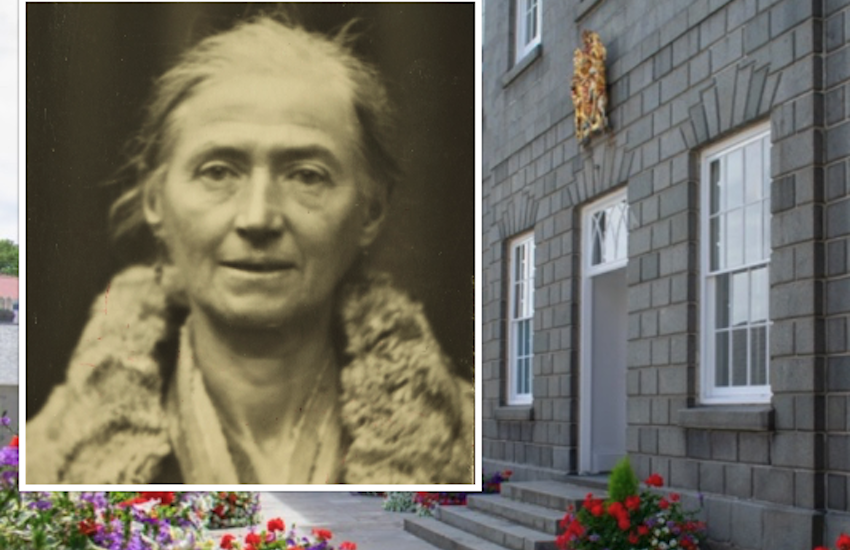

With the news that a blue plaque is going to be put up at the childhood home of Guernsey's first female People's Deputy, we've had a look at what she did, and why her role in our political history is so important - especially for all the women who have lived in her wake.
Marie Randall was born in 1881.
This was a time when women were expected to marry, keep house, and look after their children.
In England, a woman was considered an addition to the property owned by her husband and she personally "had no more rights than an insane person or a criminal" (Ringrose Law), both of whom would have had much lower rights than other men
Wives could not own their own property, keep their own wages, or enter into contracts without their husbands permission, while unmarried women would often work as teachers or nurses, as well as in factories, or in domestic service.
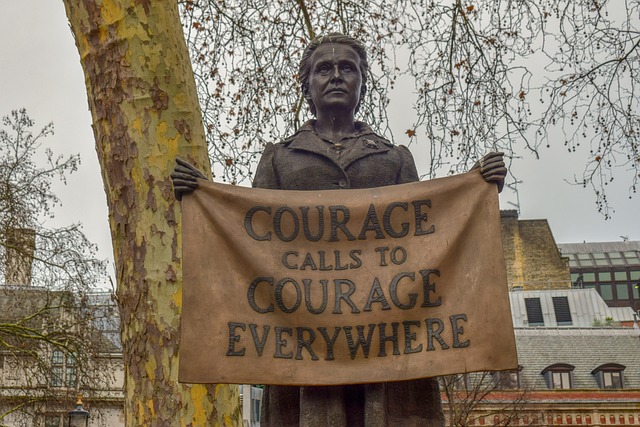
Pictured: Millicent Fawcett was a prominent feminist during the suffragette movement.
Change was afoot during Ms Randall's lifetime though, with the suffragette movement making waves across the world.
The push for women to be granted voting rights was increasingly prevalent throughout the 19th century with New Zealand making the move in 1893, Australia in 1902, Finland in 1906 and Norway in 1913.
America allowed women to run for political office before they could vote themselves, with Elizabeth Stanton running for the U.S. House of Representatives in 1866. She secured 24 votes out of 12,000 cast.
Jeannette Pickering Rankin (1880 – 1973) was the first female American politician, being elected to the U.S. House of Representatives as a Republican in 1916 for one term. She was re-elected in 1940.
In the UK, the first woman elected to the Commons was Constance Markievicz in 1918, however as a member of Sinn Fein, she did not take her seat. The first woman to take her seat was Nancy Astor in 1919.
Just four years later, Marie Randall was elected to the States of Guernsey.
Born into a family of brewers in 1881, Marie Louise Mansell Randall was educated at The Ladies' College.
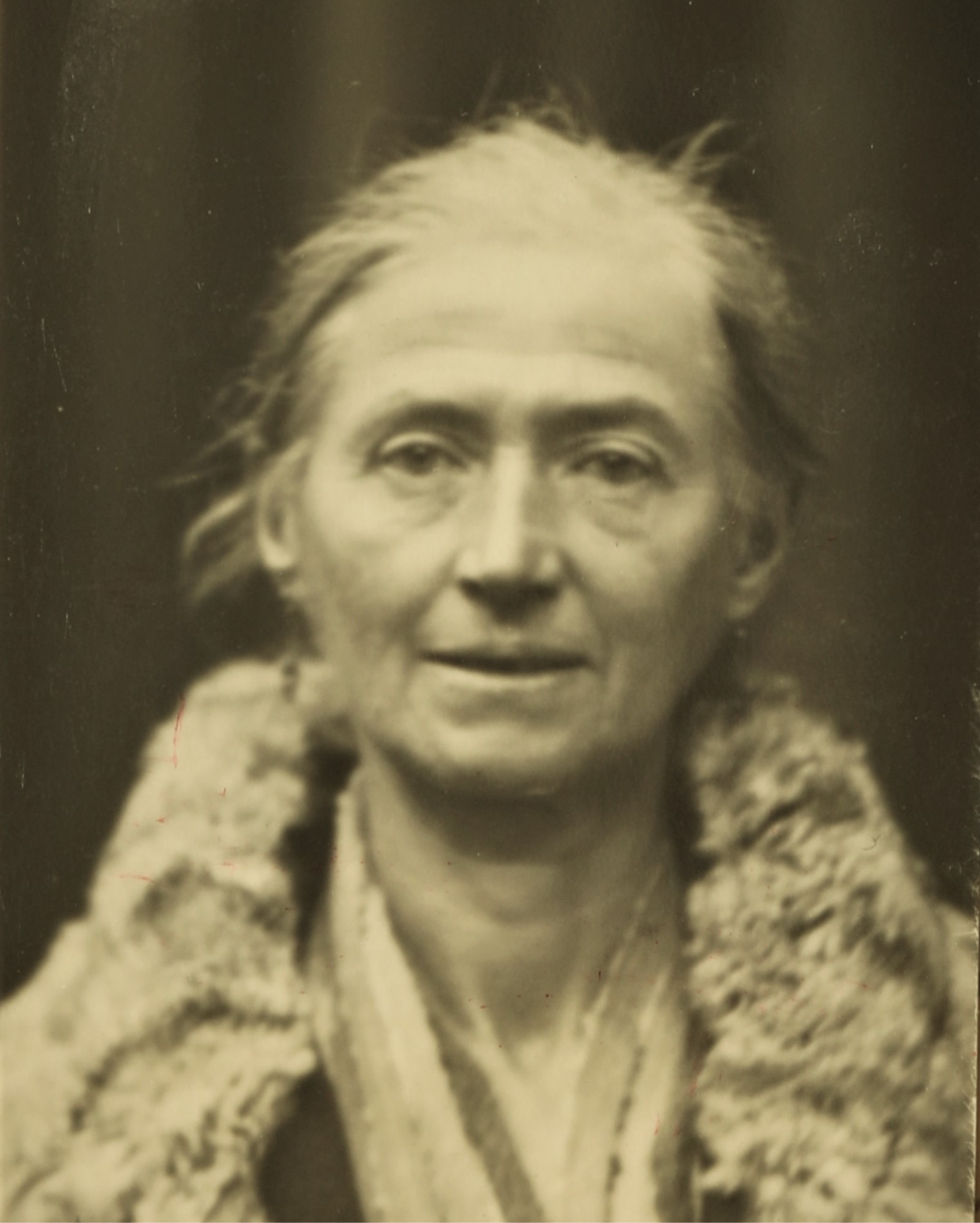
Pictured: Marie Randall (Island Archive Service).
At 33-years-old she was a member of the Voluntary Aid Detachment in World War I and she is recorded as having nursed in Guernsey, Rouen and London.
In 1919 she became a lay member of the General Committee of the Victoria Hospital (Amherst).
Ms Randall was elected to represent St Peter Port on 31 January 1924 at the age of 42.
She remained a States member for 31 years, and for 24 of those years she was the only woman in the States.
During her time in the States, which included during the Occupation, Ms Randall served on a long list of committees.
Her primary focus could be seen as being winning equal voting rights for women, which she is recorded as being an advocate for.
In 1933 she signed an unsuccessful petition from 14 Deputies and others calling for the voting age for women to be reduced from 30 to 20 to match the voting age for men. This petition failed, but Ms Randall brought the matter back to the States in 1938 and, after a proposal from the Bailiff, the voting age for women was reduced to 20.
Ms Randall was made an MBE in 1954 in the Queen's Birthday Honours List.
Ms Randall retired from the States in 1955. She died in 1965.
Marie Randall's legacy can be traced in different ways.
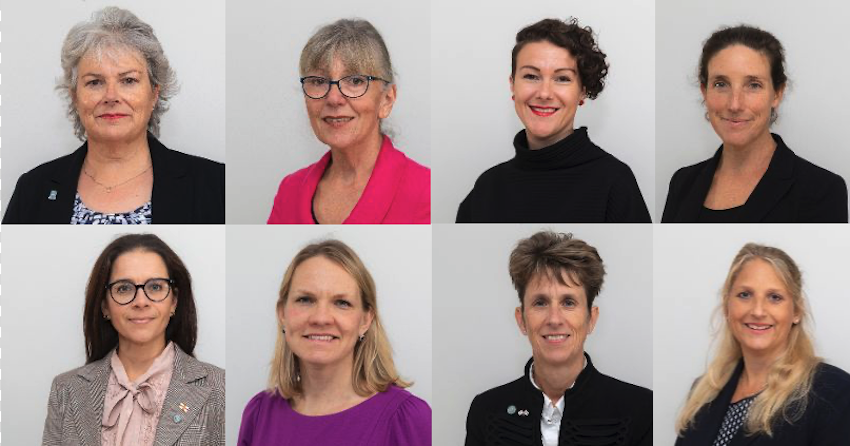
Pictured: There are currently eight female deputies in Guernsey.
By helping to secure voting rights for women at the age of 20 - in line with men at the time - she enabled women's voting rights to remain inline with men's in the future too.
Both women and men have since seen their voting age reduced to 18 and more recently to 16. Anyone aged over 16 can now vote in each of the islands of the Bailiwick of Guernsey following more recent changes to the constitution.
Other women have followed Ms Randall into political office in Guernsey - however, they remain heavily outweighed by men.
In October 2020, eight women were elected to the States of Guernsey - alongside 30 men. The number of male candidates outweighed the number of female candidates as it has done at every election.
In light of Ms Randall's impact on public life in Guernsey, the campaign group Women in Public Life nominated her to the Blue Plaques Panel.
It installs plaques in memory of people of note, at a location linked with that individual.
As the daughter of R.H Randall and the sister of R.W. Randall, both successful brewers, the plaque for Marie Randall will be at One St Julian’s.
That was the Vauxlauern's Brewery and it was Ms Randall’s former family home.
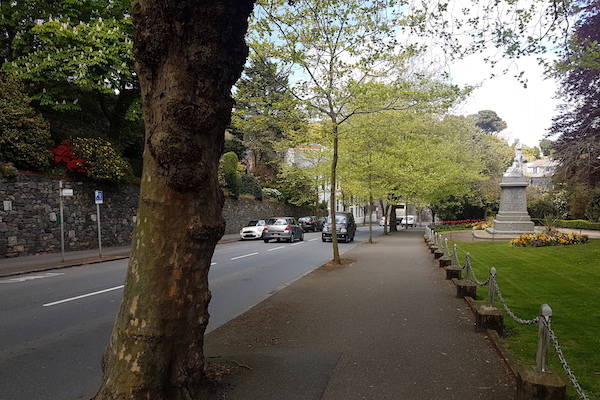
Pictured: St Julian's Avenue, looking towards the former brewery which is now apartments.
The plaque will be unveiled in January 2024, marking the 100th anniversary of Ms Randall's election to the States of Guernsey.
The plaque will be unveiled by Deputy Bailiff, Jessica Roland - the first woman appointed to that post, in 2020.
Shelaine Green, Chair of Women in Public Life, said she is thrilled that Ms Randall is being honoured in this way.
“Marie Randall was a pioneer, elected just four years after Nancy Astor first sat in the UK Parliament and 24 years before Jersey’s Ivy Forster. We’re thrilled that the Blue Plaques Panel have accepted our nomination and can’t wait to see Marie’s plaque unveiled by the Deputy Bailiff in January.
“It’s hard to believe that, 100 years after Marie was first elected, there are still only eight women among the 40 members of the States. We really hope Marie’s story will inspire other Guernsey women to follow in her footsteps – and we’d of course be very happy to support them.”
What would you call Guernsey's new colleges?
Jackie Weaver becomes patron of Women in Public Life
CONNECT interview: Supporting women to stand for public office
Searching for Guernsey's iconic women of the future
Imposter syndrome discussed by Guernsey's future iconic women
Comments
Comments on this story express the views of the commentator only, not Bailiwick Publishing. We are unable to guarantee the accuracy of any of those comments.